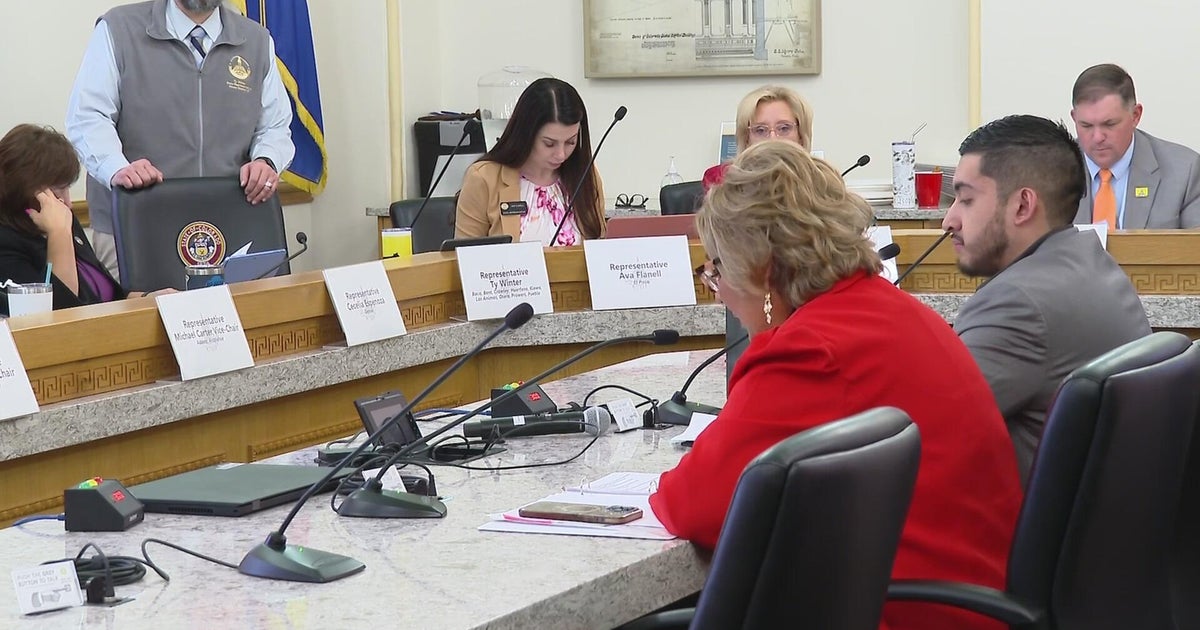Farm Bill Extension Not Popular In Upper Midwest
GRAND FORKS, N.D. (AP) — Leaders of many farm groups in the Upper Midwest aren't pleased that Congress has extended the current farm bill rather than pass new legislation.
The one-year extension of portions of the expired 2008 farm bill is one of the measures introduced to avert the "fiscal cliff" of major tax increases and spending cuts that were due to take effect Jan. 1. The extension prevents milk prices from rising but excludes other farm provisions such as disaster aid for producers.
"This is disappointing," North Dakota Farmers Union President Woody Barth said in a statement. "It is sad when Congress plays politics at the expense of family farmers and ranchers."
Leaders of some farm groups told Agweek that the extension gives Congress more time to cut spending on programs that provide an income safety net for farmers and ranchers and a secure, affordable food supply for consumers.
The farm bill expired last Sept. 30, though most programs it covered were not affected until Jan. 1. The federal farm legislation that includes everything from farm subsidies to food stamps generally is passed every five years but stalled in Congress last year. The Senate passed a new farm bill last summer but the legislation never made it to the House floor.
"To have worked so long and to have the finish line in sight, and then not get it (a new farm bill) done, is very disappointing," Erik Younggren, a Hallock, Minn., farmer and president of the National Association of Wheat Growers, told Agweek. "This extension isn't what we wanted."
The proposed farm bill would have ended direct payments to farmers that cost taxpayers billions of dollars.
"Farmers, ranchers, rural communities and all Americans deserve better and would have been better-served with a new five-year farm bill," National Farmers Union President Roger Johnson said in a statement. Johnson is a former North Dakota Agriculture Commissioner.
Farmers and others in agribusiness need a long-term framework in which to operate, which an extension does not provide, said Doyle Johannes, an Underwood, N.D., farmer and president of the North Dakota Farm Bureau.
"It's very disappointing to get an extension when we needed a new farm bill," he told Agweek.
Some agriculture leaders fear that federal budget pressures will prompt Congress to make much steeper farm bill cuts, including cuts to crop insurance subsidies.
"We're worried about (possible) cuts to crop insurance. We're going to try to protect it," Keith Alverson, a Chester, S.D., farmer and a member of the National Corn Growers Association's board of directors, told Agweek.
Johnson said his group also will push the new Congress "to ensure that a farm bill can be completed as expeditiously as possible."
(© Copyright 2012 The Associated Press. All Rights Reserved. This material may not be published, broadcast, rewritten or redistributed.)







